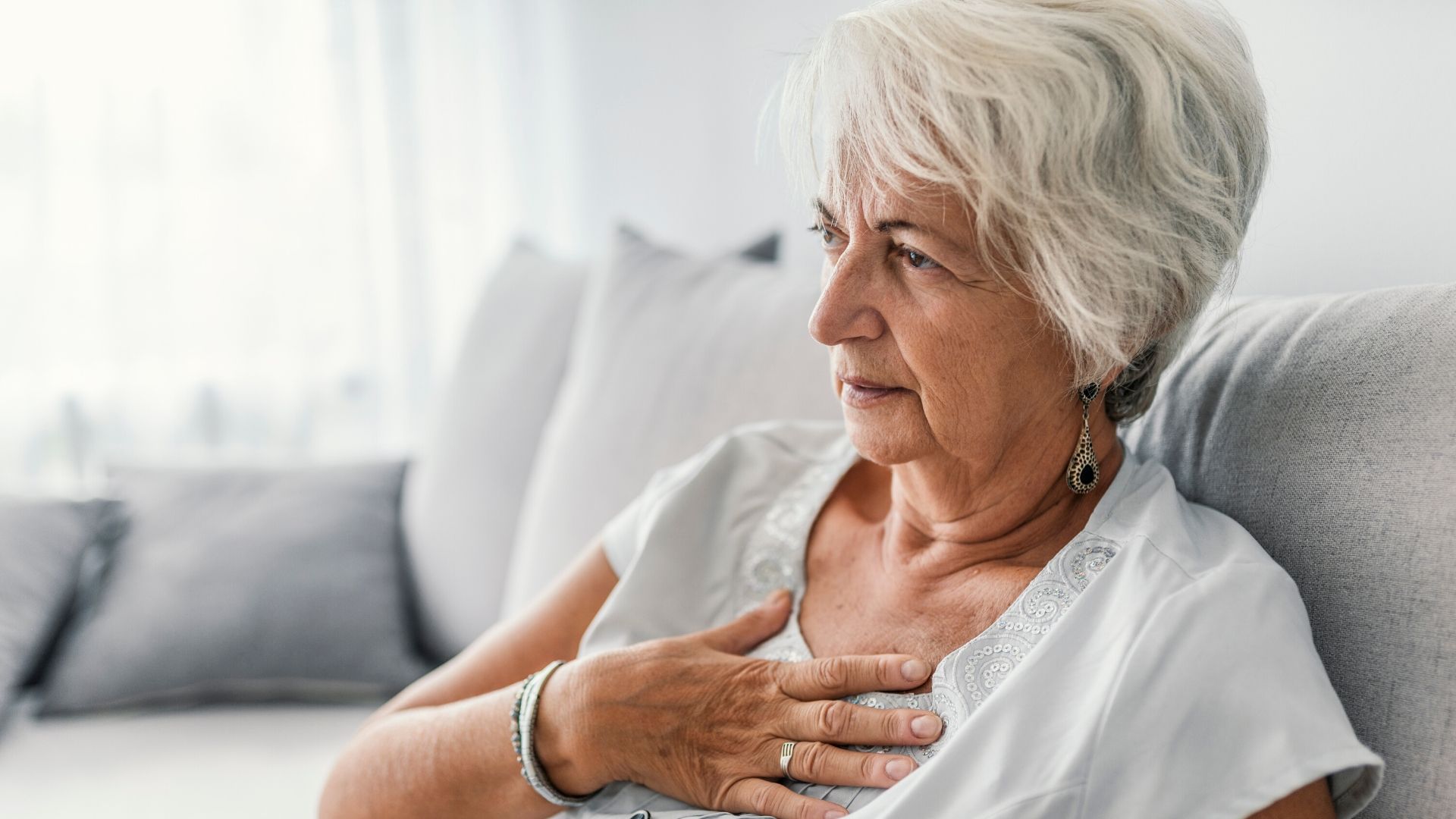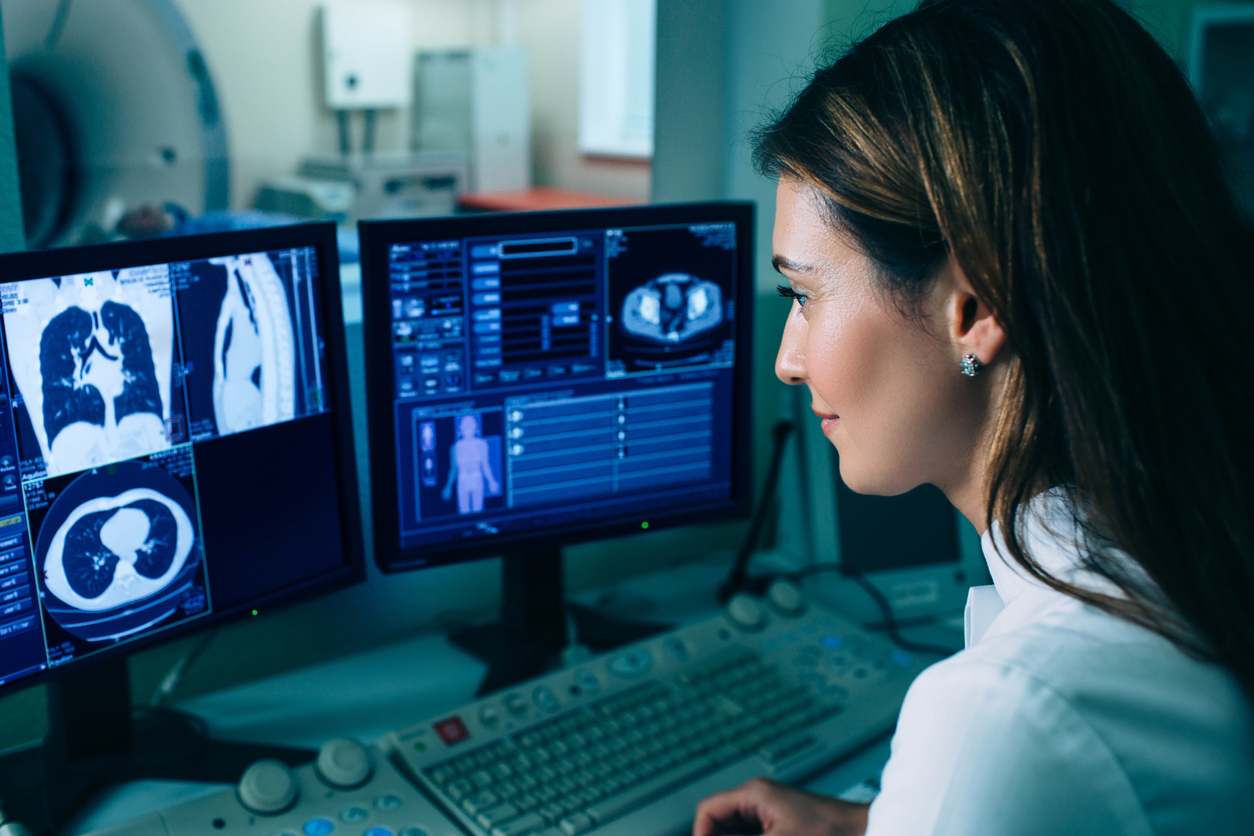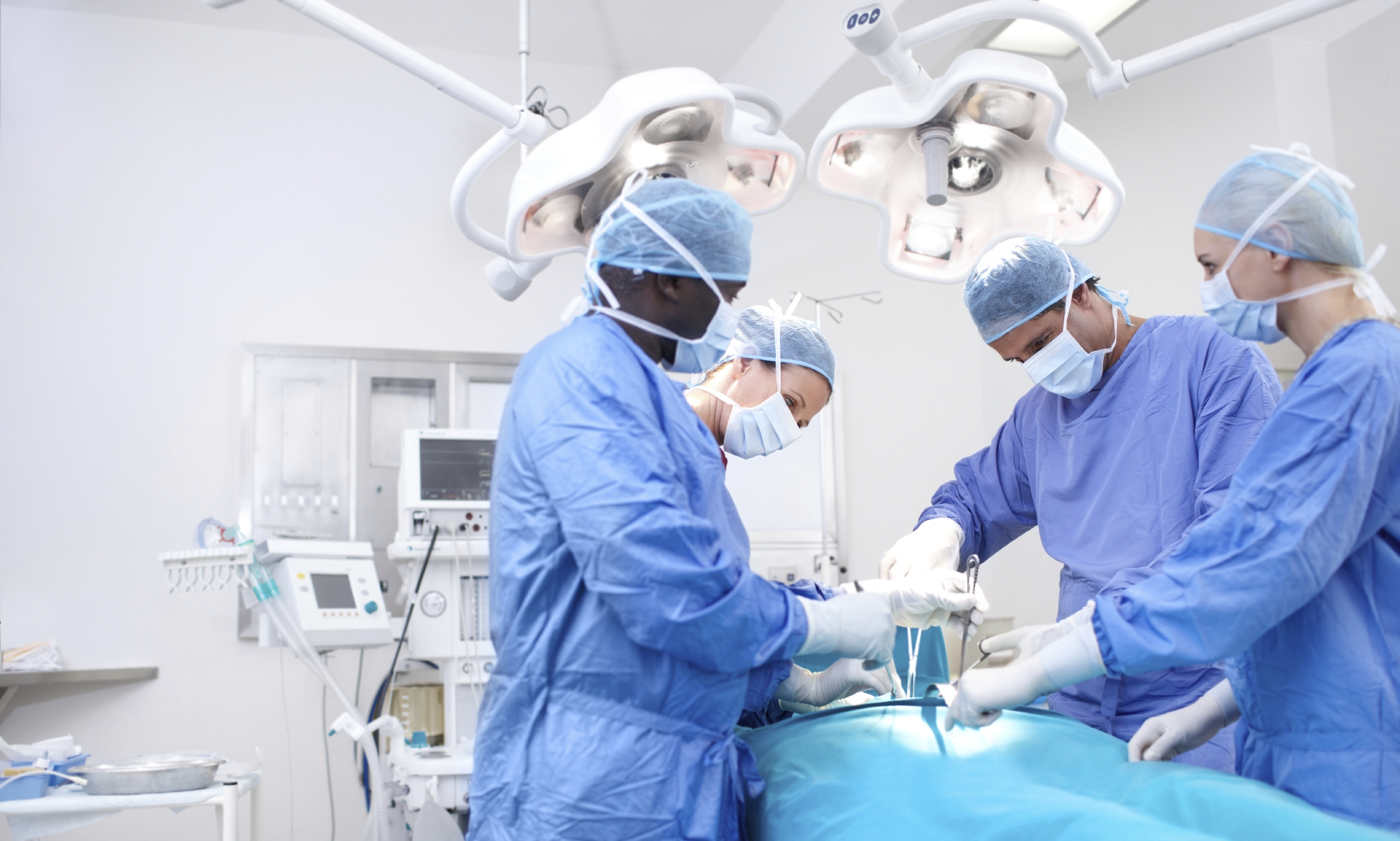
Stomach cancer
Stomach cancer is more common in people aged over 55, and affects more men than women. About 570 people are diagnosed with it in Ireland every year.
The main treatments for stomach cancer are surgery and chemotherapy. Targeted therapies and radiotherapy may also be used.
On this page:
What is stomach cancer?
Stomach cancer happens when cells in the stomach change and over time develop into a tumour. As the tumour gets bigger it can affect the digestion of food and cause symptoms. Stomach cancer can also be called gastric cancer.
About 570 people are diagnosed with stomach cancer in Ireland every year.*

What is the stomach and what does it do?
The stomach is part of your digestive system. It is a hollow organ shaped like a bag that goes from the end of your oesophagus (food pipe) to the start of your small bowel.
In the stomach lining, glands make chemicals, such as enzymes and acids, to help break down food. The stomach lining also makes a type of protein called intrinsic factor. This helps to absorb vitamin B12 into your bloodstream needed by red blood cells and your nervous system.
Diagnosing stomach cancer
Information about stomach cancer treatment
Treatment for stomach cancer includes surgery, chemotherapy, targeted therapies and radiotherapy. For more information about treatments for stomach cancer, visit our treatment page.
More information about stomach cancer
Medical content updated from our Understanding cancer of the stomach booklet (2023). Reviewed by William Robb, Consultant Upper GI Surgeon and Wendy Hickey, Upper GI Cancer Nurse Specialist.
*The Irish Cancer Society uses the most up-to-date cancer statistics from the National Cancer Registry Ireland, available on www.ncri.ie

Looking for support?
Our cancer support section contains information and advice on coping with cancer for diagnosed patients and their loved ones.
For more information
Phone
1800 200 700









